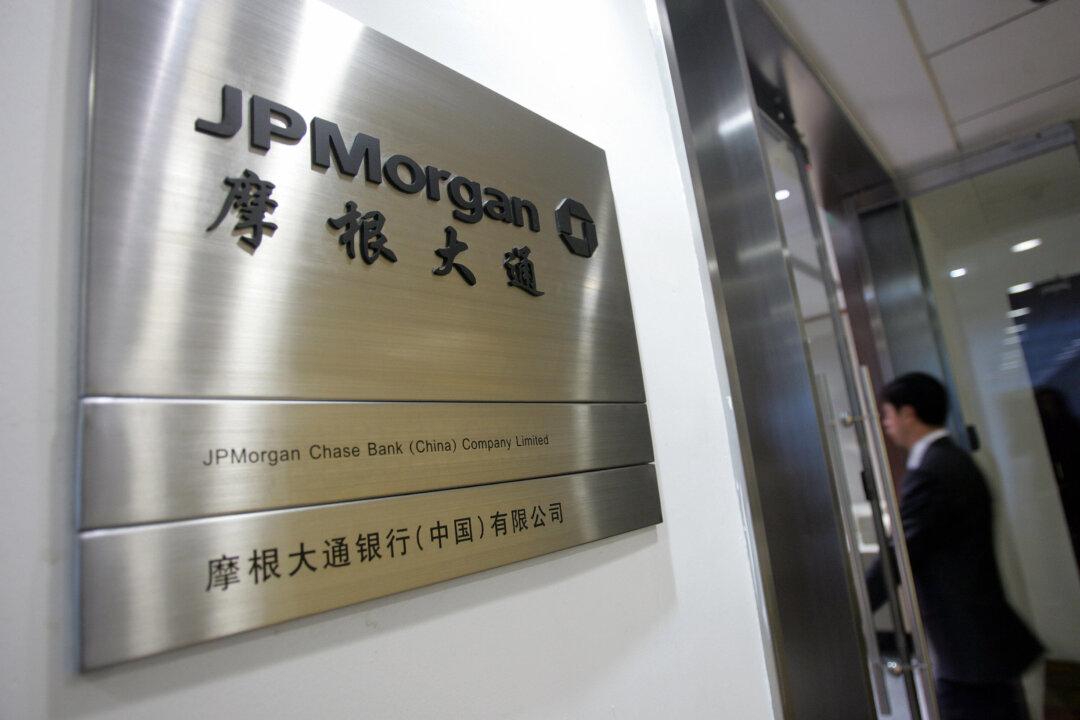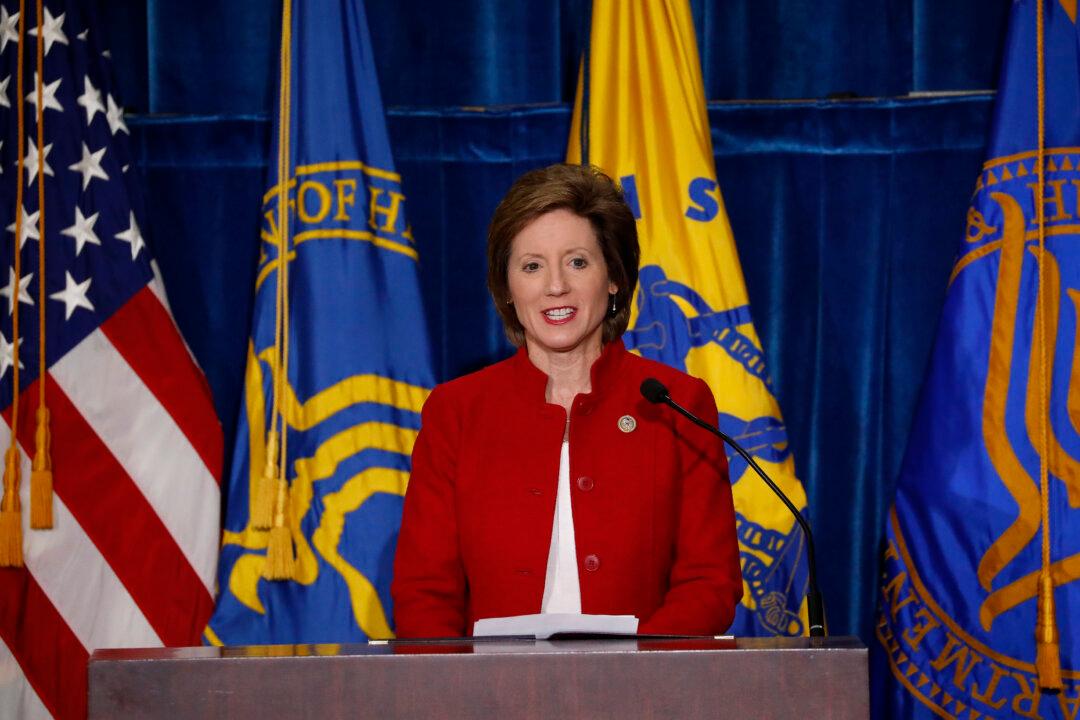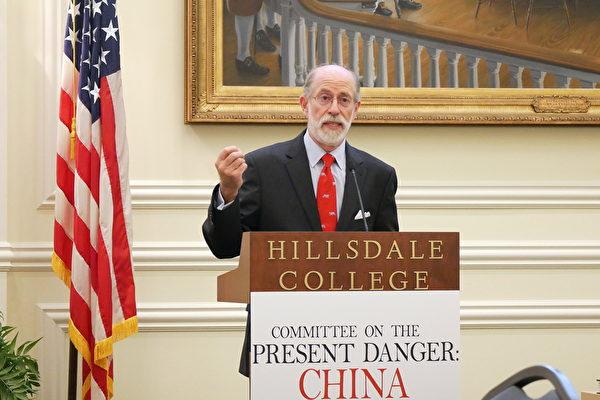Commentary
In April the CCP virus (novel coronavirus) pandemic spread in the trading department of JPMorgan’s Manhattan headquarters. The Wall Street Journal reported on April 7 that about 20 employees on the fifth floor of JPMorgan Chase ’s headquarters tested positive for the CCP virus, and 65 others were quarantined; many traders who buy and sell stocks and sell trading strategies to customers work on the fifth floor of the building.





